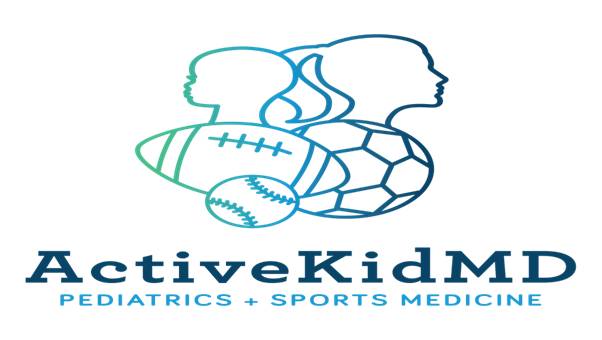5 Tips to Improve Recovery with Short Rest Periods Between Games or Practices
Dealing with double-day practice sessions, multi-event competitions over a weekend, or a quick turn-around from an evening event to the next morning practice?
What are some sensible tips for young athletes to replenish energy, reduce post-exercise soreness, and be best prepared for that next practice or game?
1) Get that post work-out protein
Protein is the building block of muscle tissue, and the first 30 minutes after exercise is an ideal time for protein intake to allow muscle repair and growth. A good rough suggestion is 30 grams of protein mixed in with some carbohydrate to increase the protein absorption. Good tasting, easily accessible and rather inexpensive suggestions include a glass of chocolate milk, a container of Greek yogurt, or a large serving of peanut butter.
Click here for more info on the virtues of chocolate milk
2) Don't miss out on necessary fluids
Being under-hydrated after exercise can be a major set-up for poor performance in the next workout or game. Ideally, any fluid losses from exercise should be fully replaced, and one easy way to monitor is to do pre and post-exercise weights. Young athletes should return to their pre-practice weight before the next exercise session.
For suggestions on fluid choice (water vs. sports drinks), click here.
3) Berries and Cherries can attack muscle soreness
Either immediate or delayed post-exercise soreness can put a damper on future sport activity. Good studies have shown that berries, cherries and even tart cherry juice have natural anti-inflammatory properties that can reduce muscle soreness with far fewer potential side-effects than both over-the-counter and prescription anti-inflammatory medications. Not only do those fruits taste much better than medications, they also provide important fluid and salt sources.
For more on tart cherry juice, click here
4) Best time to stretch is after activity
Many of us adult-types were taught that stretching before exercise was best. That though is definitely old-school and been replaced with recommendations for after exercise, when the muscles are warmed up and more able to benefit from stretching. Now, probably the last thing anyone wants to do after a hard game or practice is to take the time to stretch, but those valuable efforts that take only a few minutes can prepare muscles to better handle upcoming demands.
5) Ice Bath Challenge?
Many athletes seek out a cold water tub for their lower legs or even their entire body (below the head) to reduce soreness and help foster elimination of muscle waste products after exercise. The evidence in support of ice baths is mixed- so probably a situation where some athletes will find benefit, while others will not.
Do you have any other recommendations for assisting in post-workout recovery to better prepare for the next practice or game?

